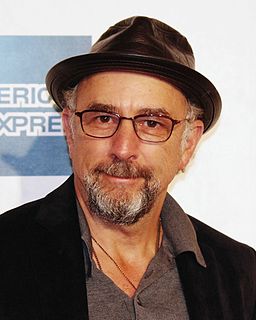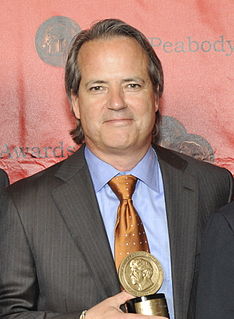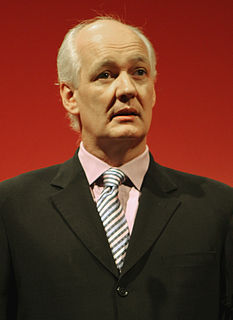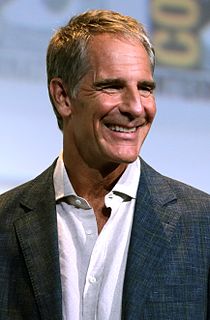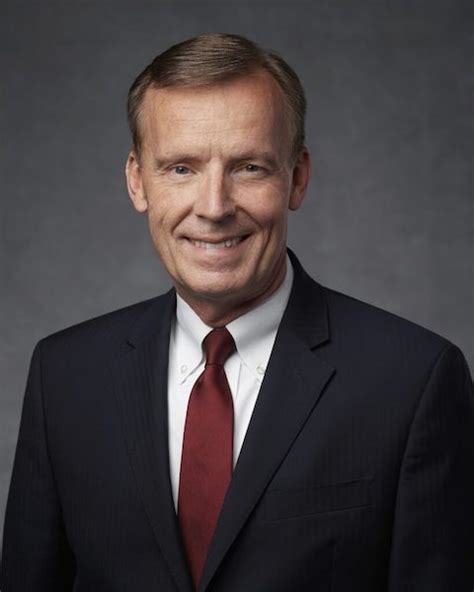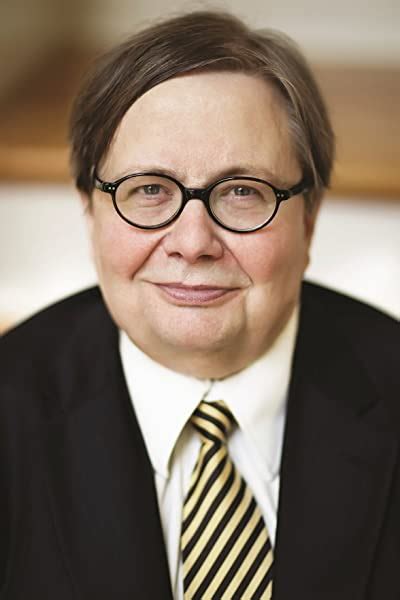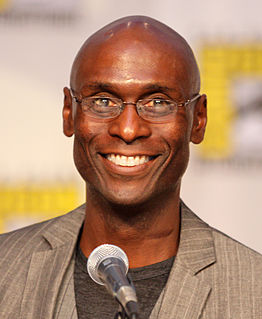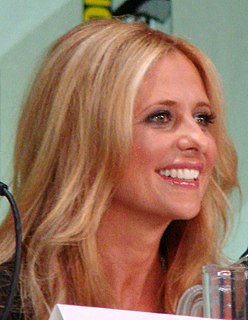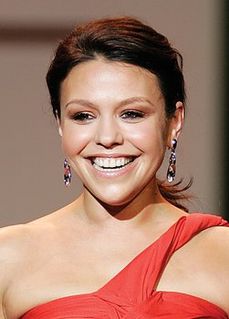A Quote by Aaron Sorkin
I've loved every minute I've spent in television. And I've had much more failure, as traditionally measured, than success in television. I've done four shows, and only one of them was the 'West Wing.'
Related Quotes
I didn't expect NBC would be at all thrilled about me, because the year before the West Wing I had rejected a pilot at the last minute and got them very upset. I ended up not coming to the casting - in fact it happened four different times because I just wasn't convinced that I wanted to do television.
Television is much more complex, brain-challenging and involved than it used to be. It's almost impossible to watch a television show from 15 years ago; it's just too boring. I think modern television shows, with their intricate plots, are stimulating our minds. This is one reason IQs have been going up.
Television in the 1960s & 70s had just as much dross and the programmes were a lot more tediously patronising than they are now. Memory truncates occasional gems into a glittering skein of brilliance. More television, more channels means more good television and, of course, more bad. The same equation applies to publishing, film and, I expect, sumo wrestling.
I did a good bit of episodic television directing, but directing a movie is so much more complicated. And there's so much more responsibility because the medium is very much a director's medium. Television is much more of a producer's writer's medium so a lot of the time when you're directing a television show they have a color palette on set or a visual style and dynamic that's already been predetermined and you just kind of have to follow the rules.
I did 30 Minute Meals for five years on local television, and I earned nothing the first two years. Then I earned $50 a segment. I spent more than that on gas and groceries, but I really enjoyed making the show and I loved going to a viewer's house each week. I knew I enjoyed it, so I stuck with it even though it cost me.
Pretty much up until The West Wing, our leaders had always been portrayed in popular culture as either Machiavellian or dolts. But I thought, "What if we show a group of people who are highly competent, they're going to lose as much as they win, but we're going to understand that they wake up every morning wanting to do good?" That was really the spirit behind The West Wing.

